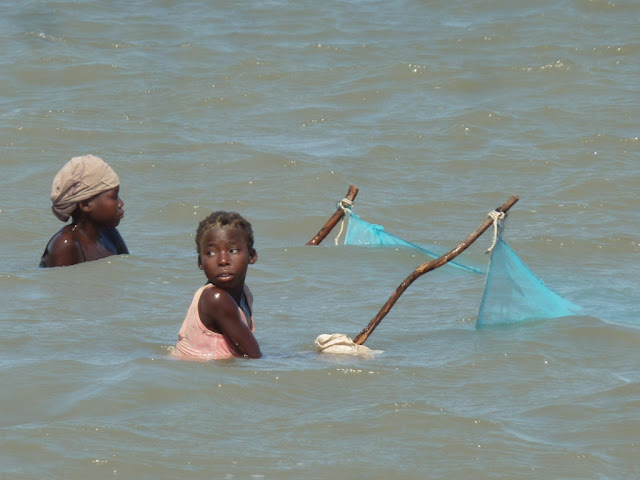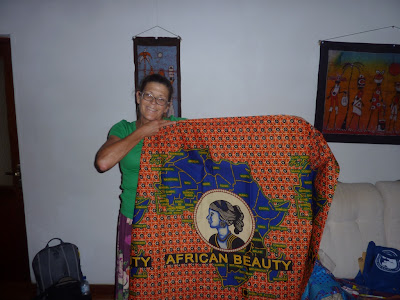Tomorrow marks the completion of the first twelve months of our mission. Don't take this wrong, but we feel like we have experienced every single minute of it. I really can't say, "where has the time gone?", as it feels sometimes like we have been here for almost forever. All that being said however, we are loving our mission thus far. It is miserably hard, richly rewarding/enjoyable, and fairly easy--all on alternate days. Actually, the rewarding and enjoyable part is a fairly constant--but some days are definitely easier than others. One couple here in Mozambique recently extended their mission from 18 months to two years. We take out hats off to Elder and Sister Banks, who are far more noble and faithful than are we. Also,like most of the other senior couples, they are retired and lack the necessity of getting back to mercurial tasks of making a living upon their return. We think that eighteen months will be about right for us--but who knows, perhaps we will feel differently in another six months.

We are healthy, happy, and obviously not starving to death. We have learned to figure out the culture and Mozambican logistics and find the things that we need far better than when we first arrived. Debbie continues to claim no Portuguese proficiency, but she converses every day with tons of people-- she teaches classes, inspires, contributes, mothers, and endears herself to all around her. Her biggest regret is perhaps the haircut shown which I gave her (using scissors and not my leatherman, nor an axe) I think that I did fairly well, despite her complaints, and may use this skill to put food on the table when we return. I can speak and think pretty fluently and can generally communicate well--but from time to time, people still look at me funny and ask me to repeat things--"but in portuguese this time". I speak alot in church--ours and others and I find that if I am missing a word, I can hesitate and even ask the audience and they will in unison help me out--which actually engages them in the message and works pretty well. I learn new things every day--like today I learned that my use of "interruption" in the flow of water through a pipe or drain has always been wrong. There is another verb I am told which sounds very similar, which means to plug or block the flow (intupir instead of interromper). School never ends.

Our new chapel is well past the half way point. We took out the old wall today (unfortunate that we must leave the three pillars in for support). The roof is in over the new section (And I mentioned to the contractor that it actually needs to cover the whole space instead of missing that little corner like he thought we might not notice. I also mentioned to him that I would prefer the walls to be square and straight (side to side and up and down) rather than the interesting variety of slants that he has given us. In the end we will get it I think. The timing is somewhat perfect as we had 121 to church on Sunday (and the existing chapel seats only 85).
Our exciting news is that we were finally approved by Salt Lake this week to become the official Quelimane Branch--removing us from the limbo-like status of being an unofficial group. The change will require more work, but will allow/require/encourage the growth of our Mozambican saints much more effectively. I think that it will be a wonderful thing. It is interesting, that in LDS congregations accross the world, attendance is measured as fractions of actual ward membership--with "good" generally being when a ward can achieve 50% attendance. Last week, our attendance was 484% of our membership.

About thirty five people showed up at what was a late night (for them) direct broadcast of the LDS General Conference from Salt Lake City. It is tough to describe the feeling for the saints here as they watched and listened to living prophets and discover that they are part of something far larger than they can see in Quelimane. It was a great experience. Our recent decision to double our bandwidth so that we can do this (as well as teleconference with the mission president and download episodes of Bones) has been a good one.

Elder and Sister Wollenzien have been here for the last ten days or so, getting our Idugo Island clean water project going. We did the easy part of the project which was to conceive the idea and identify the need and the Wollenziens have moved it forward through design and approval and planning and now are beginning implementation. It has been a delight to have them around--many an enjoyable dinner together--one of which was a large fish cooked on coals in our wheelbarrow. The fish was good, but I was the cook and forgot everything that I learned about cooking salmon on the barbeque at home. I overcooked it horribly but no one died.












































